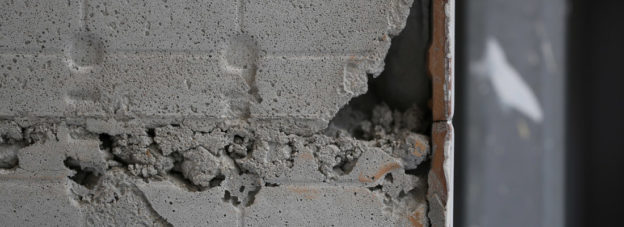In University of Massachusetts Building Authority v. Adams Plumbing & Heating, Inc., 2023 Mass. App. Unpub. LEXIS 28, 102 Mass. App. Ct. 1107, the Appeals Court of Massachusetts (Appeals Court) considered whether the lower court properly held that the plaintiff’s breach of contract and indemnification claims were time-barred by the statute of repose because they sounded in tort. The Appeals Court held that while the six-year statute of repose only applies to tort claims, they can also bar claims for breach of contract and indemnification if they sound in tort. The Appeals Court affirmed the lower court’s ruling, finding that the plaintiff’s breach of contract and indemnification claims were just negligence claims disguised as non-tort claims.
In 2013 and 2014, the University of Massachusetts (UMass) retained various contractors to renovate the dining hall for one of its campus buildings, which included the installation of new ductwork for the kitchen’s exhaust system. The dining hall opened for service in September 2014. In the Spring of 2018, it was discovered that the ductwork for the kitchen had collapsed. Further investigation revealed other deficiencies with the exhaust system. On December 1, 2020, UMass filed a lawsuit against various contractors, asserting negligence, breach of contract, and indemnification. The breach of contract claims alleged breach of express warranties.






